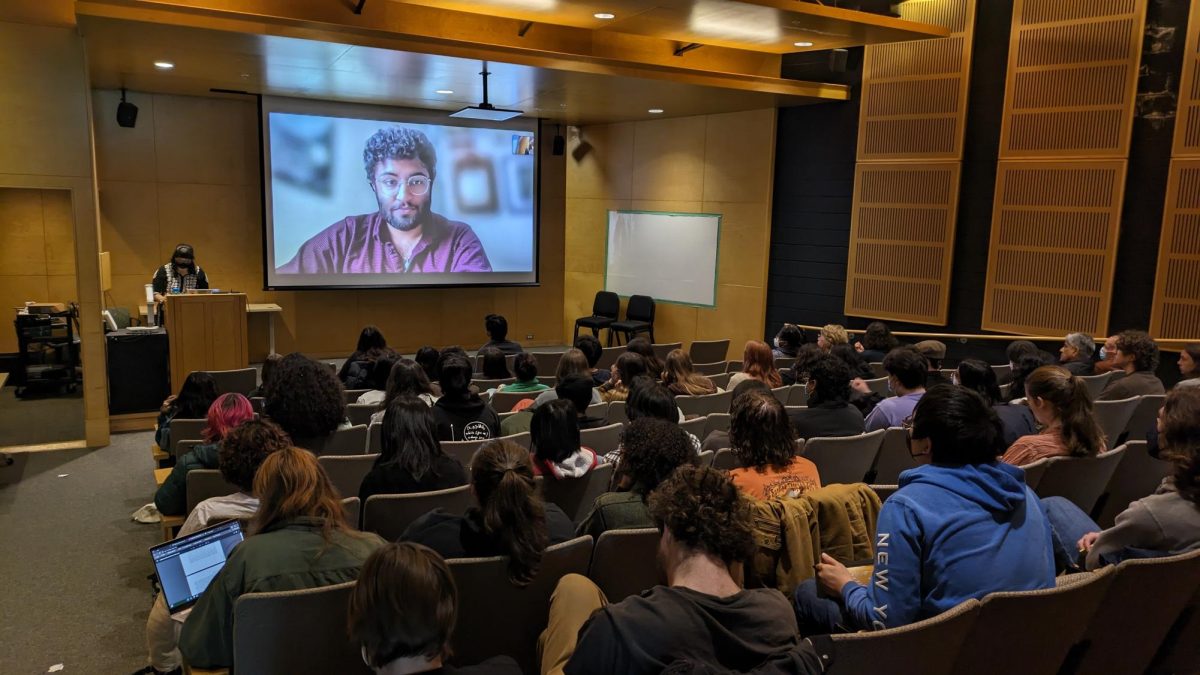Oberlin has partnered with Gallup to offer an assessment called CliftonStrengths, which is designed to help students identify and capitalize on their individual leadership qualities.
CliftonStrengths, which was launched by Gallup in 1999, starts with a 30 minute assessment where participants are asked to evaluate 177 statements on how much they feel they connect to them. When the assessment is completed, the participant is given their top five “Strengths” and an analysis of how these traits, all associated with leadership, may help them in their personal, academic, and professional goals.
A page of information is provided instantly about each of the Strengths, but the staff of the Center for Student Success recommend that students come in and talk to a Success Counselor trained in CliftonStrengths for a personal analysis.
“There is no such thing as leaders and followers – [leadership] is a practice, not a position,” Director of Student Leadership Jess Gorgas said. “The 34 Strengths are all different practices you can take on.”
The incoming first-year class was told to take the test via an online portal before the school year started. Residence Life, Student Health and Wellbeing, all Resident Assistants, and the Peer Advising Leaders have received some training in CliftonStrengths.
College third-year Gavin Cahill received some CliftonStrengths training as an RA, but wasn’t given a way to implement the program with his residents, aside from scheduling a community-wide training session with the Center for Student Success.
“I feel like as a get-to-know-each-other thing it was effective, but as an actual activity, not really,” Cahill said. “At least in my opinion, and some of the others I’ve talked to, it’s not a very good system.”
The Center for Student Success believes the program is part of a wider effort to expand the center to cater to Oberlin’s entire student body. Jacob Dunwiddie, another CSS staff member, joined the committee working on CliftonStrengths after experiencing its effects in a past position.
“Rather than thinking about things you’re not good at, this is a language students can use and instead say, what are you good at? And how do we use that to help?” Dunwiddie said.
CliftonStrengths differs as a program in comparison to another popular analytical questionnaire, the Myers Briggs Type Indicator test, which has been largely discounted as an analytical tool alongside other personality tests. Nevertheless other campuses have also adopted the CliftonStrengths program including Kansas State University, University of Nebraska Lincoln, and North Carolina State University.
“CliftonStrengths is not a personality test — dead stop,” Assistant Dean of Student Success Rebecca Morrow, who has been trained in MBTI in the past, said. “I don’t love MBTI so much, because it does kind of put you in a box. [With CliftonStrengths], you can take what fits you and maximize that and make that what you use.”
The CSS is continuing to offer training on CliftonStrengths throughout the semester, including a Winter Term project. Students can find more information about upcoming events relating to Strengths on the CSS’s Presence website and make an appointment to discuss their Strengths via Engage.




